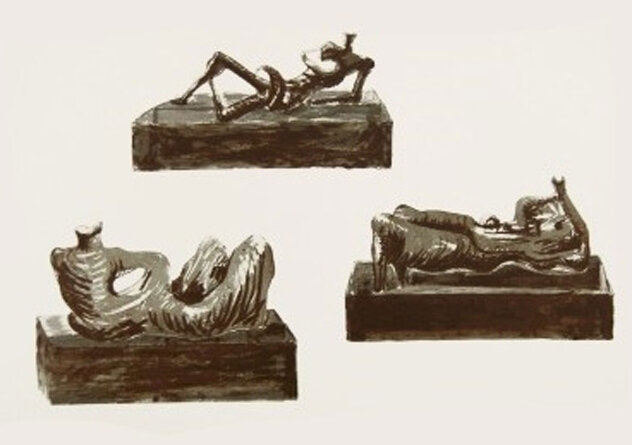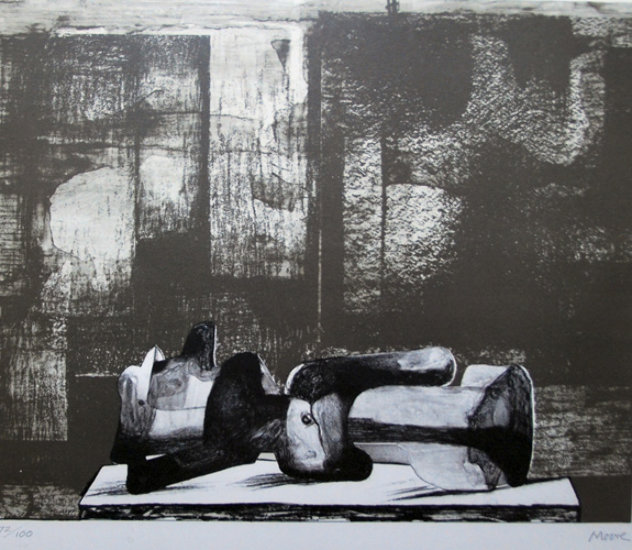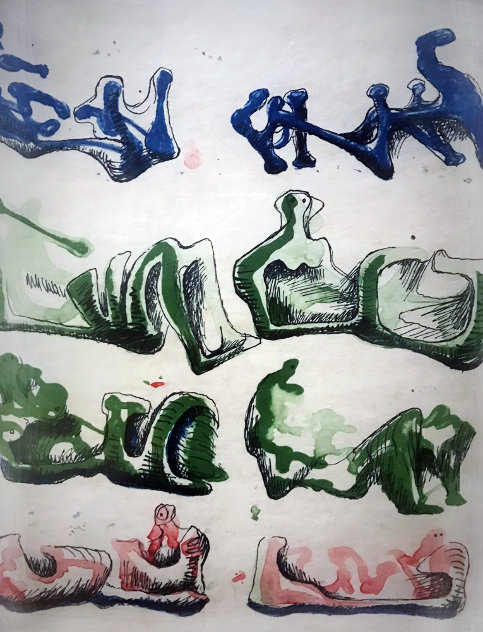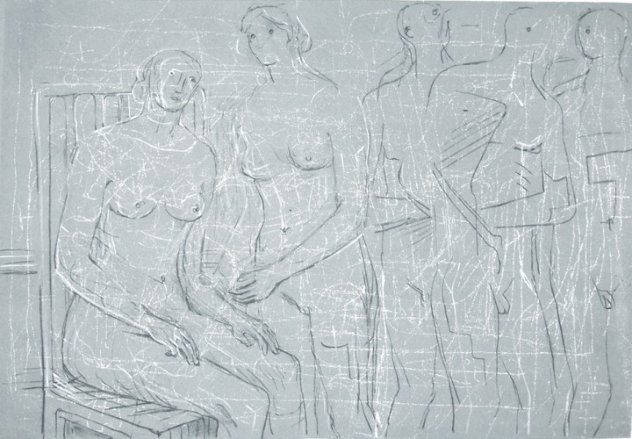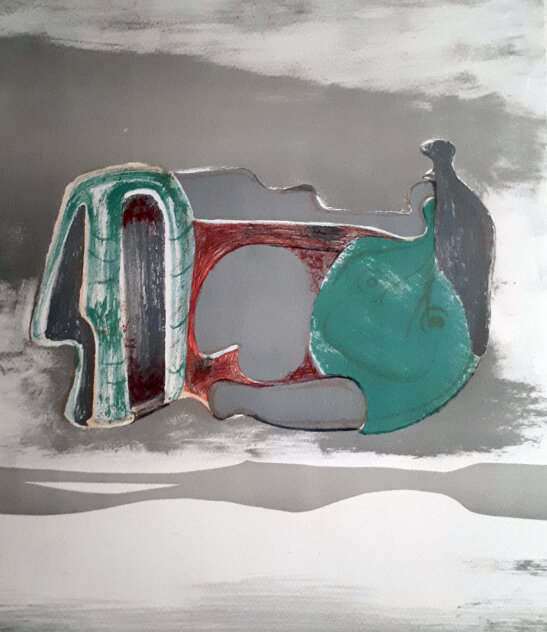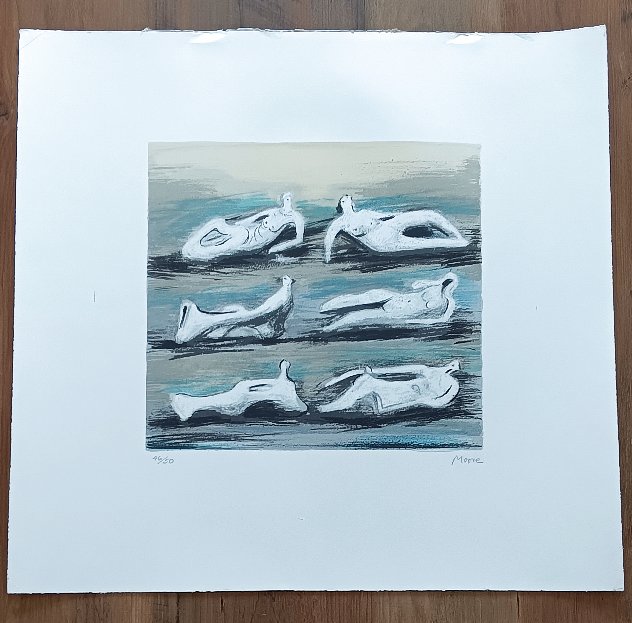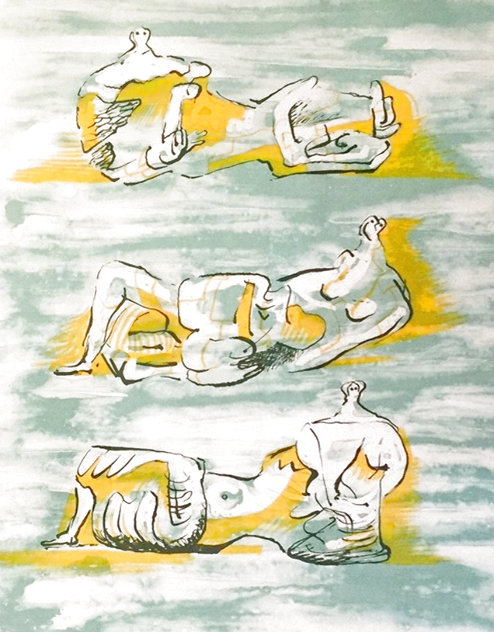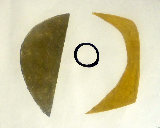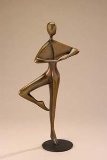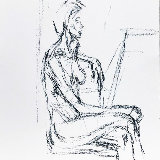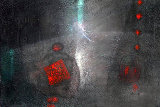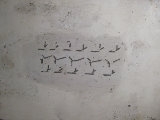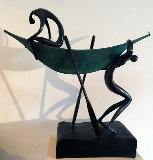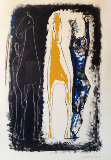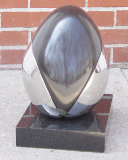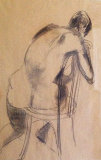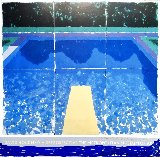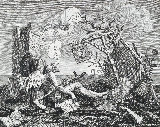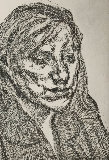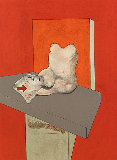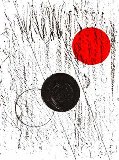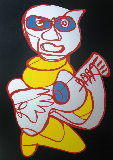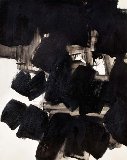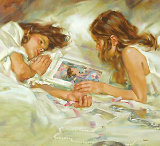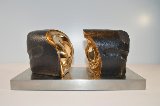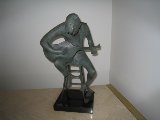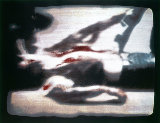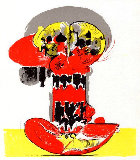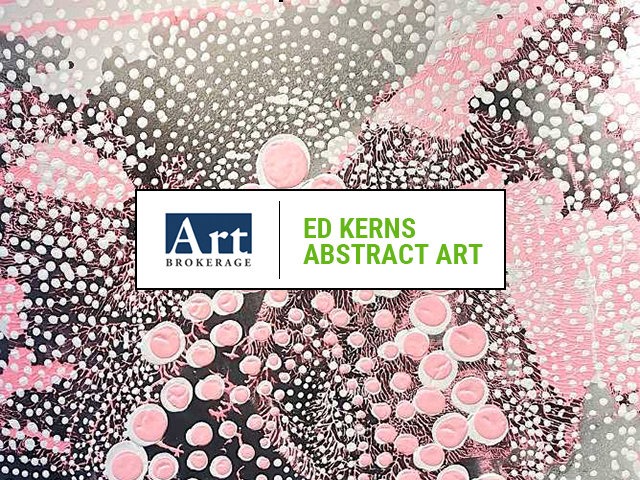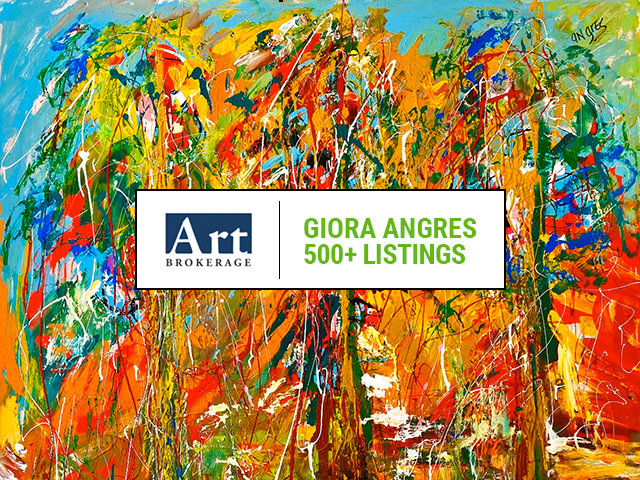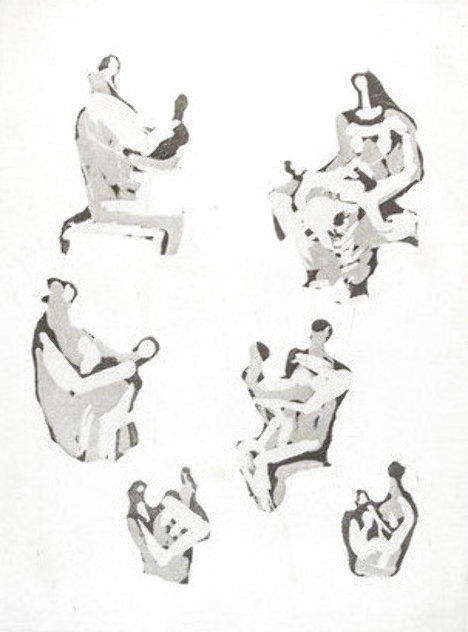


Six Mother and Child Studies 1976
Henry Moore
Limited Edition Print : Aquatint Etching on Magnani Di Pescia Cotton Paper
Size : 25.59x18.11 in | 65x46 cm
Edition : From the Edition of 90
Reduced
- 🔥1976 Limited Edition Aquatint Etching - Perfect for Mothers Day - Inquire $2,400
Year1976
Hand SignedLower Right in Pencil
Condition Other - Minor indentation in the mount far from the image
Not Framed
Purchased fromDealer 2023
Story / Additional InfoTitle: Six Mothers and child studies Medium: Original etching & Aquatint, 1976, on Magnani di Pescia cotton Paper, signed by the artist in pencil. Size: Paper size: 25 3/5 × 18 1/10 in | 65 × 46 cm Printed by: Il Bisonte, Florence; Plate size: 32.6 x 24.5 cmsNotes: Reference: Patrick .Cramer, Henry Moore, The Graphic Work , ed. Cramer 1986 repr. N ° 426
Certificate of AuthenticityArt Brokerage
LID158877
Henry Moore - United Kingdom
Art Brokerage: Henry Moore British Artist: b. 1898-1986. Henry Spencer Moore OM CH FBA RBS (30 July 1898 – 31 August 1986) was an English sculptor and artist. He was best known for his semi-abstract monumental bronze sculptures which are located around the world as public works of art. His forms are usually abstractions of the human figure, typically depicting mother-and-child or reclining figures. Moore's works are usually suggestive of the female body, apart from a phase in the 1950s when he sculpted family groups. His forms are generally pierced or contain hollow spaces. Many interpreters liken the undulating form of his reclining figures to the landscape and hills of his birthplace, Yorkshire. Moore was born in Castleford, the son of a coal miner. He became well-known through his carved marble and larger-scale abstract cast bronze sculptures, and was instrumental in introducing a particular form of modernism to the United Kingdom. His ability in later life to fulfill large-scale commissions made him exceptionally wealthy. Yet he lived frugally and most of the money he earned went towards endowing the Henry Moore Foundation, which continues to support education and promotion of the arts. After the war Moore received an ex-serviceman's grant to continue his education and in 1919 he became a student at the Leeds School of Art (now Leeds College of Art), which set up a sculpture studio especially for him. At the college, he met Barbara Hepworth, a fellow student who would also become a well-known British sculptor, and began a friendship and gentle professional rivalry that lasted for many years. In Leeds, Moore also had access to the modernist works in the collection of Sir Michael Sadler, the University Vice-Chancellor, which had a pronounced effect on his development. In 1921, Moore won a scholarship to study at the Royal College of Art in London, along with Hepworth and other Yorkshire contemporaries. While in London, Moore extended his knowledge of primitive art and sculpture, studying the ethnographic collections at the Victoria and Albert Museum and the British Museum. In 1948, Moore won the International Sculpture Prize at the Venice Biennale. He turned down a knighthood in 1951 because he felt that the bestowal would lead to a perception of him as an establishment figure and that "such a title might tend to cut me off from fellow artists whose work has aims similar to mine". He was, however, awarded the Companion of Honour in 1955 and the Order of Merit in 1963. He was a trustee of both the National Gallery and Tate Gallery. His proposal that a wing of the latter should be devoted to his sculptures aroused hostility among some artists. In 1975, he became the first President of the Turner Society, which had been founded to campaign for a separate museum in which the whole Turner Bequest might be reunited, an aim defeated by the National Gallery and Tate Gallery. Given to the 'City of London' by Moore and the Contemporary Art Society in 1967, Knife Edge Two Piece 1962–65 is displayed in Abingdon Street Gardens, opposite the Houses of Parliament, where its regular appearance in the background of televised news reports from Westminster makes it Moore's most prominent piece in Britain. The ownership of Knife Edge Two Piece 1962–65 was disputed until its 2011 acquisition by the Parliamentary Art Collection. By the end of his career, Moore was the world's most successful living artist at auction. In 1982, four years before his death, Sotheby's in New York sold a 6 ft Reclining Figure (1945), for $1.2 million to collector Wendell Cherry. Although a first record of $4.1 million was set in 1990, Moore's market slumped during the recession that followed. His eight-foot bronze, Reclining Figure: Festival (1951) sold for a record £19.1 million at Christie's, making him the second most expensive 20th-century British artist after Francis Bacon. Listings wanted by Art Brokerage. Check out our new sister site Bluechipartbrokerage.com

